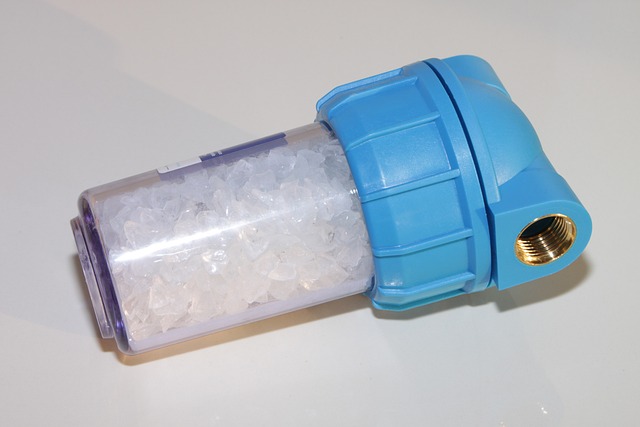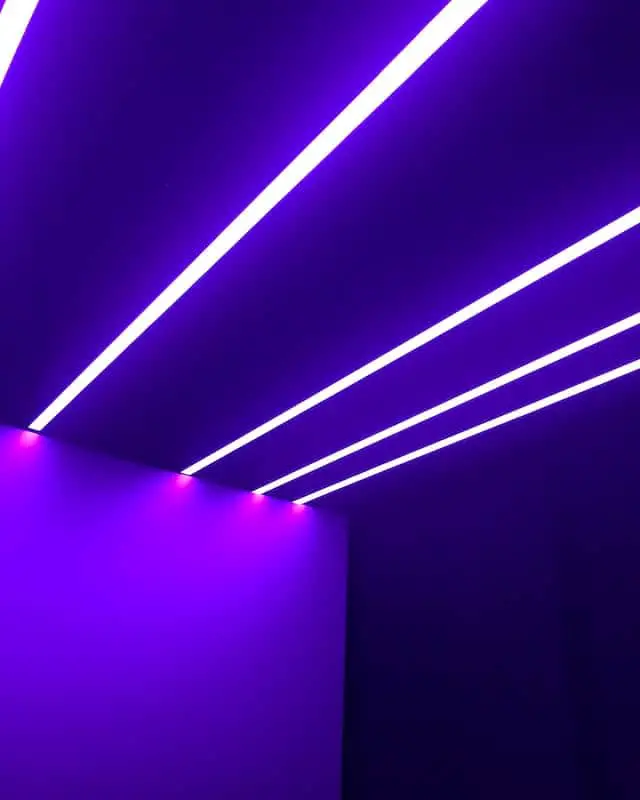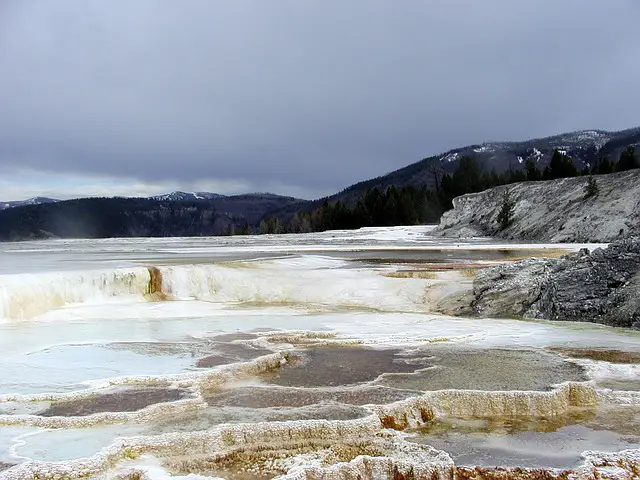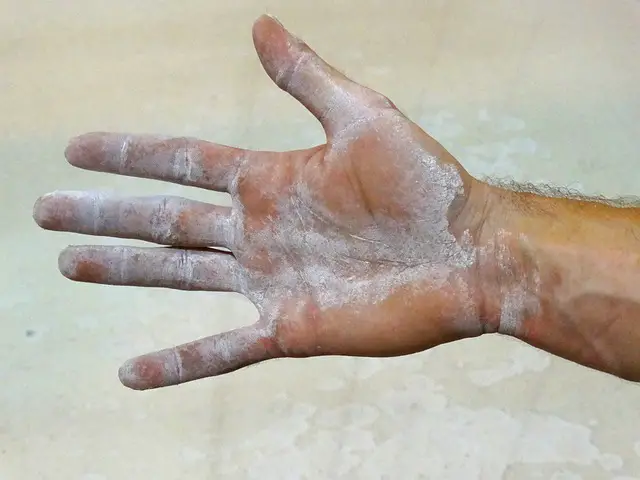
Water softeners are commonly used to make water ‘Softer’, and friendlier to hair, skin and nails as well as reducing scale buildup in plumbing and appliances. However, do water softeners disinfect the water? What do softeners even do to water? This train of thought led me to look into this subject and write a short article on the topic.
Water softeners do not kill bacteria, they are focussed on neutralizing dissolved ‘hard’ minerals like calcium, magnesium and iron. These hard minerals create buildups in plumbing and fixtures leading to blockages and reduced efficiency as well as creating issues when washing our bodies.
Why Softeners Don’t Kill Bacteria.
Water softeners do not kill Bacteria because the process itself has zero antibacterial agents and is not designed to neutralize microorganisms. The very idea of water softening involves reducing wear and tear on plumbing and water appliances as well as making water less harsh on hair, asking and nails when showering.
Ways To Kill Bacteria?
Seeing as water softening does not kill any bacteria, different water treatments need to be pursued. Ultraviolet water treatment presents the best option for an on-demand household-friendly treatment that effectively neutralizes bacteria and other microorganisms. Other more extensive methods like ozonation or chlorination are also very effective however they require significantly more infrastructure and investment. If it is just a small batch of water that you want to make sure has no harmful bacteria, an easy option is to just boil the water for a few minutes and drink once it is cool.

What Is Hard Water?
Hard water is water that has high amounts of Calcium, magnesium and iron present. These hard minerals are often picked up in the water during its journey from initial catchment to when it comes out of a tap. This route from catchment to tap can have vastly different time frames, if collected in an underground aquifer for instance it can be millions of years or recent rainfall, a matter of hours. Metals pipes & tanks can leech iron into water when they start to corrode or more commonly, underground aquifers gradually release Magnesium (Mg), Calcium (Ca) and Iron (Fe) into the water from surrounding soil and rock formations. Generally speaking, unless there are excessive amounts present, you will not be able to taste, smell or see these hard minerals in water when it comes out of the tap.
What Is Bad About Hard Water?
Hard waters with high concentrations of Ca, Mg and Fe have two main negatives which have both been touched on earlier in this article; the human body and plumbing and appliances.

Hard Water On The Body
Hard water causes issues on human skin, hair and nails due to the residual chalk-like mineral build-up left over once the water evaporates. A more common example similar to hard-waters effect on skin, hair and nails would be when you dry off after a swim in the ocean and you can feel the salt clogging up your hair and sticking on your skin, hard water presents similar effects although much less pronounced. Over time, washing in hard water can lead to damaged hair, skin issues and even weakened nails, this is a common reason why water softeners are installed in some homes.
Hard Water On Plumbing & Appliances
In a similar manner to its effect on the human body, hard water’s impact on plumbing and appliances are due to the mineral residues left behind once water is evaporated. Plumbing can experience a build-up of hard minerals over time, particularly in pipes that do not experience constant flow. A common effect of hard water is the white residue you might see on some shower heads and taps. This white residue is mineral buildup which can lead to reduced flow rates and uneven spray direction, something that can really affect one’s ability to shower properly.
Appliances are where you can see the real damage from hard water, particularly hot water systems and electric kettles. As both hot water systems and kettles increase the heat of water, this leads to faster evaporation and rapid mineral buildup. This mineral build can over time affect the efficiency of the heating elements, leading to energy wastage and even the breakdown of the appliance.

How Does A Softener Work?
There are multiple types of water softeners on the market, however, by far the most common and most effective are ion-exchange softeners. Ion exchange removes magnesium, calcium and to a lesser extent iron ions from water and replaces them with non-hard ions like sodium or potassium. Ion exchange softeners use extremely porous exchange resin usually in the form of small polystyrene beads saturated in sodium and/or potassium or coarse salt crystals. The water passes through the area containing these saturated beads, the beads are agitated and the dissolved sodium present in the beads is slowly released into the hard water whilst simultaneously absorbing the hard mineral ions. Water containing elevated sodium and potassium is then released out of the softener and into the plumbing system.
Over time as these beads lose their sodium and potassium, they can be recharged by flushing a hyper-saline solution through the exit, coating the balls in salt again and releasing the hard ions out of the inlet. This recharging process is something that is done intermittently or once a distinct difference in water quality is noticed by the users.
So, Can You Drink Softened Water?
You can absolutely drink softened water, there is nothing inherently unhealthy about it. One thing that may be noticed depending on what water you are accustomed to is the slightly saltier taste, this water is certainly not TOO Salty for consumption, it just may taste different.



